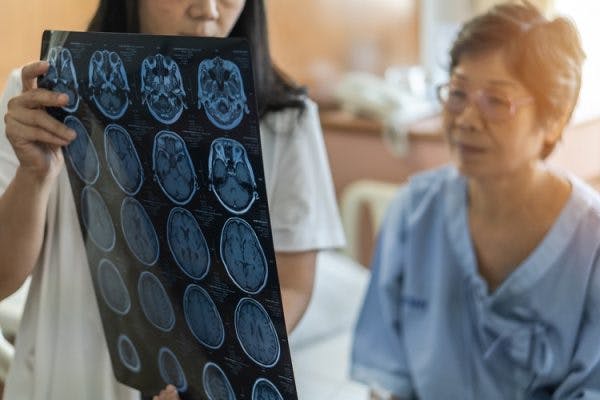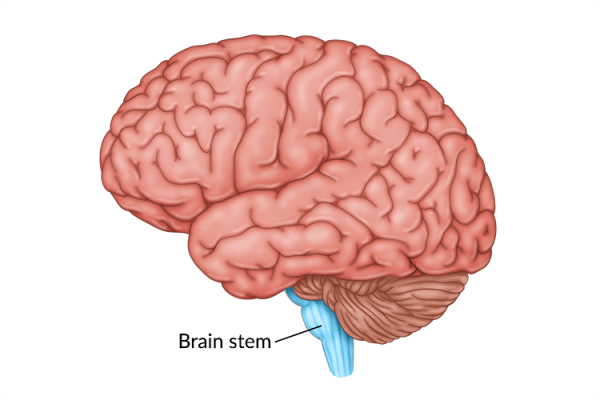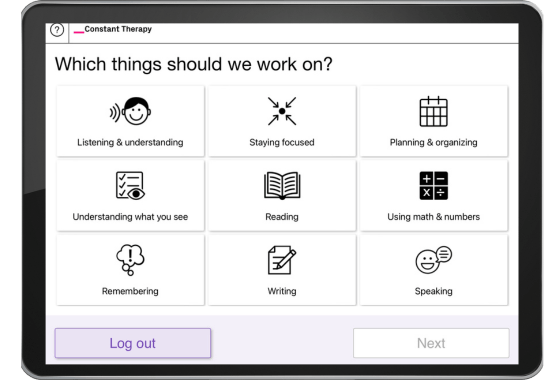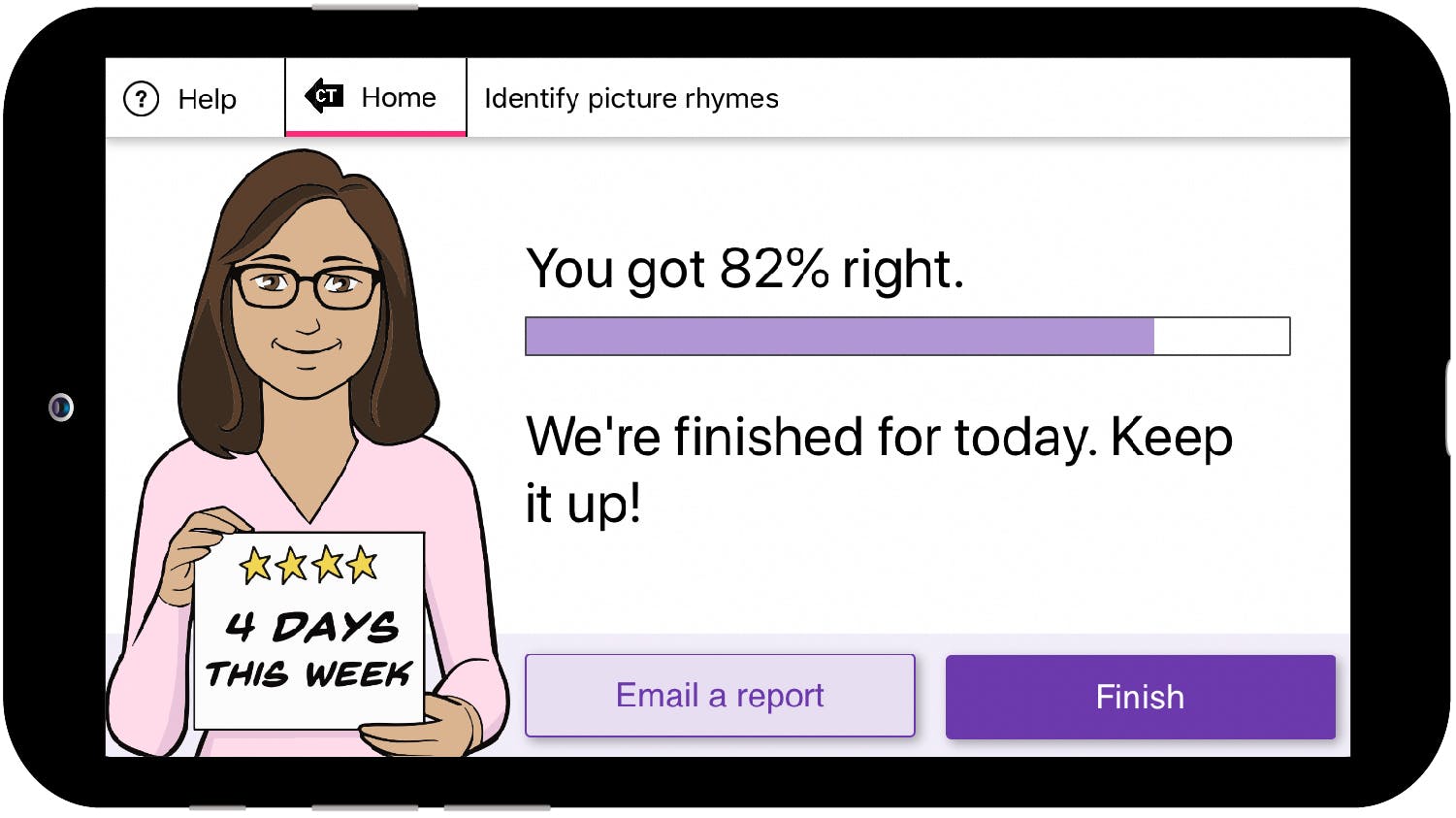Psychiatric issues, such as delusions and hallucinations, are common after head injury, especially in the early stages of recovery.
In this article, we will discuss the most frequent causes of hallucinations after a traumatic brain injury and what you can do to treat them.
Use the following links to skip to a relevant section:
- Causes of Hallucinations after Head Injury
- Types of Hallucinations
- How to Help Someone Experiencing a Hallucination After Head Injury
- Treating Hallucinations after Head Injury
Causes of Hallucinations after Head Injury
Hallucinations cause a person to see, hear, smell, or feel things that are not present. The experiences may seem real, but they are creations of the mind.
Hallucinations are most frequently experienced by schizophrenia and Parkinson’s patients, but they can also occur after a brain injury.
The following are a few of the most common causes of hallucinations after head injury:
1. Post-Traumatic Amnesia and Delirium
The most common cause of hallucination after TBI is delirium, which is an impairment of mental abilities that results in confusion and decreased awareness of the environment. This can occur during a period of post-traumatic amnesia, however post-traumatic amnesia may last longer than true delirium does. Amnesia is the inability to form new memories or recall old ones. It is characterized by a state of confusion regarding place, time, and person.
In other words, the person has no memory of where they are or how they got there, and they cannot retain new memories. When amnesia arises after a concussion or brain injury, it is known as post-traumatic amnesia.
Post-traumatic amnesia occurs because the brain is in a vulnerable, confused state after a head injury. While in this state, the patient can experience hallucinations and delusions.
2. Psychosis
Another cause of hallucination after brain injury is psychosis.
Psychosis refers to a complete break from reality. It usually occurs as a result of damage to the frontal lobe, the temporal lobe, or the basal ganglia. Seizures can also lead to psychosis.
When hallucinations are caused by psychosis, they will usually accompany other symptoms, such as:
- Delusions
- Paranoia
- Personality changes
- Disorganized thinking
- Social difficulties
- Lack of awareness or insight
It’s very rare for a person with psychosis to experience hallucinations without displaying these symptoms as well.
3. Medications
Finally, certain medications used to treat brain injury symptoms can have a hallucinogenic effect.
People who experience hallucinations from their medication will usually calm down once they understand what is happening. They might be afraid at first, but they will not experience other delusions like those suffering from psychosis. If medications are thought to be the cause of hallucinations, be sure to inform your doctor.
Types of Hallucinations
Hallucination can affect all five of your senses, which means there are several different ways you can hallucinate, including:
- Visual hallucinations. These types of hallucinations cause a person to see strange or distorted visions.
- Auditory hallucinations. These are the most common hallucinations. Most of them involve hearing voices or strange sounds like someone walking in the attic.
- Gustatory hallucinations. These cause strange tastes, such as metal in your mouth. This is most common in people with epilepsy.
- Tactile hallucinations. With this type of hallucination, you might feel things crawling on your skin, or feel the touch of someone’s hand.
- Olfactory hallucinations. Finally, some hallucinations cause you to smell odors that don’t actually exist, usually an unpleasant odor. Again this type is most common in epilepsy patients.
When someone experiences a hallucination, it is critical for loved ones to offer the right support. This can help keep the person from becoming agitated and exacerbating their symptoms.
How to Help Someone Experiencing a Hallucination After Head Injury
Hallucinations after head injury can be intense and frightening. Here are some ways loved ones can help a patient experiencing a hallucination:
- Stay calm, and don’t react negatively. Sometimes what the person says they see or hear might sound strange, but it feels real to them. Don’t laugh at or embarrass them. Take them seriously.
- Normalize the hallucination. Helping the person understand the reason they are hallucinating can sometimes calm them down. Don’t make them feel crazy, but explain that what they are experiencing is probably caused by a flare-up in the part of their brain that controls vision or hearing.
- Suggest coping strategies. If that doesn’t work, you can suggest coping strategies. Reading out loud, listening to music, and humming are all tricks that cognitive therapists recommend patients to do to quiet voices in their heads.
Another tactic you can use is to take a picture of the part of the room where the patient is seeing visual hallucinations, then show them the picture. Oddly enough, people hallucinating don’t tend to see their vision when looking at a picture or a video. This can also sometimes help to calm them down.
Of course, some will still believe what they see or hear is real. In those cases, it’s better not to argue, because that will only agitate the person more.
Treating Hallucinations after Head Injury
To treat hallucinations, a neuropsychiatrist will need to evaluate you to determine what the cause of your hallucinations are.
Sometimes treatment is as simple as going on a different type of medication. If the cause is more psychological, you may benefit from psychotherapy. Support groups can also help you learn how to cope effectively with your hallucinations.
There are also some antipsychotic drugs that can help reduce hallucinations, but you should only use these in severe cases. Antipsychotic drugs can cause serious side effects such as drowsiness, tremors, and other disorders. Therefore, doctors typically prefer to only use them as a last resort.
The vast majority of hallucinations after a head injury, however, should fade over time. You just need to give your brain a chance to recover.
Hallucinations after Head Injury: Conclusion
Hallucinations after head injury can be terrifying when they happen. However, it’s important to remember that these experiences are not real, they are simply a result of neurons firing incorrectly.
This also means you should not feel ashamed if you do experience a hallucination. Parts of your brain are damaged or inflamed, but that doesn’t change anything about who you are.
With the right treatment and enough time, you can regain control of your senses again, and your hallucinations should fade to a distant memory.














